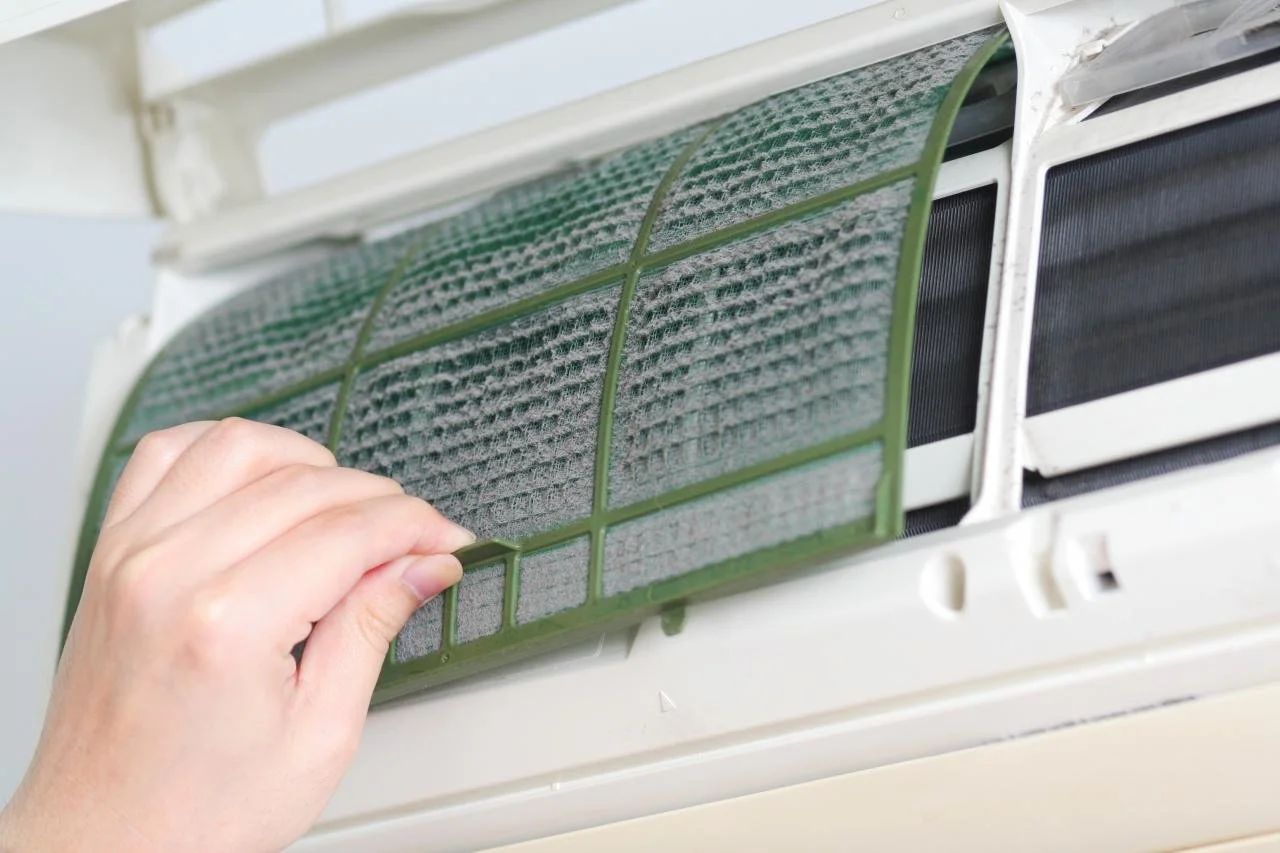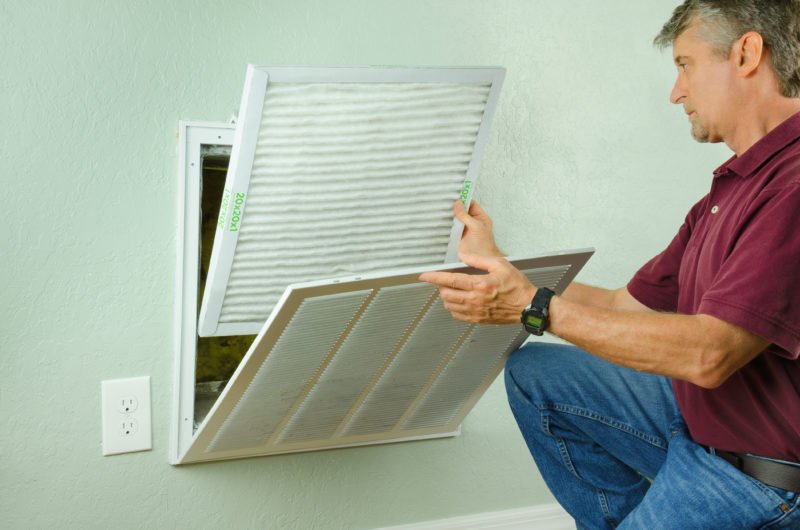The Importance of Filtration in Air-Conditioning System
Via DelAir.com
Whether in residential or commercial establishments, the comfort and safety of everyone within the premises is your main priority. Installing air conditioning systems provides quality air and significantly reduces a room's humidity. An establishment with high humidity can lead to dust mites, mold, heatstroke, and dehydration.
Regardless, if you already have air conditioning systems installed in your building, you need proper maintenance to ensure continued functionality and prevent respiratory diseases such as allergies. Installing access panel allows professional ac technicians to regularly check your AC whenever you notice any noticeable changes, such as temperature changes or unusual rattling coming from the device.
However, even if you don't notice any changes in your air conditioning system, you should still regularly change the air filters to improve air quality.
What are Air Filters?
An air filter is a material that filters particles from the air. As with any filter, experts manufacture air filters with a porous structure through which large and coarse harmful particles cannot pass through. These filters do not let harmful allergens and pollutants enter your establishment. For this reason, air filters significantly affect your health and well-being.
AC filters are mostly made of a fine fiberglass thread, spun on a frame or from fine paper wrapped on a cardboard frame. Here are some of the particles which an air conditioner filter can help protect you against:
Pollen
Mold
Pollutants present in the outdoor air
Dust
Fur from pets
Dead skin
Importance of Regularly Changing AC Air Filters?
We know that air filters trap dangerous particles & allergens from the air and provide fresh and clean air to travel into the establishment. Over time, these hazardous pollutant particles can gather within the filters and reduce the total volume of air passing through the air filters. Less air traveling through your AC's air filters means that you would have to turn your air conditioner's fan settings higher than the regular to achieve the same effect, and in some cases, even that might not work.
This results in higher energy costs at the end of the month and degraded air conditioner efficiency, which you don't want. Clogged air conditioner filters can raise energy bills to 15% higher than usual. According to experts, replacing dirty filters can reduce energy consumption by 5% to 10%.
Another disadvantage of clogged AC air filters is the recontamination of harmful particles into the air. Because of the large number of contaminants gathered in the air filter, when an air conditioner reverses airflow, some pollutants will probably make their way back into the air, resulting in even dirtier air than before.
How Often Should You Clean Your Air Filter
Regularly cleaning your air filters is a must, but how often you should clean them will depend on how long and much you use your air conditioners. It is best to clean air filters every two weeks, around 200-250 hours of use & get them replaced every 3-4 months. Changing air filters is crucial before the start of the hot seasons.
Different Types of Air Filters
Fiberglass Air Filters
Perhaps the most common type, these filters are designed for single use only. Manufacturers create this by spreading the fiberglass fibers over a cardboard or metal frame. This fiberglass acts as a barrier to hazardous particles. According to MERV ratings, this type of air filter is on the lower end of the options, but it's a popular option among establishments and homeowners due to the low cost.
Pleated Air Filters
Similarly, with fiberglass filters, pleated filters utilize polyester or other cloth material to function as filters. They are usually much more capable of blocking dust flow into a room.
The polyester cloth is set in an accordion shape, giving them a much larger surface area than flat filters. The larger surface area presents less resistance to airflow and makes for longer-lasting filters.
Washable or Reusable Air Filters
Manufacturers create washable filters out of cloth that can be washed and used again. These are relatively cheap filters, and experts designed these for low-intensity use. This is due to their MERV rating of 1-4, which doesn't make them suitable for high pollutant environments.
Proper care while washing air filters is necessary, so they do not get damaged easily. It would help if you dried them before using them thoroughly, or mold and fungi can quickly grow on them.
How to Change and Clean Air Filters
Dirty AC filters significantly cause air conditioners not to heat or cool properly. If this is the current situation of your air conditioner, check the air filters out first, and have them cleaned or changed.
First, you must conduct a visual inspection. Open your air conditioner and locate the filter. Hold the filter against a light source. It is still in good condition if you can see through the filter. If not, you must schedule a replacement or cleaning.
AC filters for ducted systems are placed outside furnace units and can be quickly removed by unclipping and pulling the air filters out of their holders. Technicians install air filters within the indoor unit for ductless systems; you can easily take them out by removing them.
You can clean air filters with a gentle blow with an air hose or a vacuum cleaner. You can wash washable air conditioner filters with running water, but dry them thoroughly before inserting them inside the AC.
To get the best quality out of your purchase, you can consult an AC technician to know what type of air filter is suitable for your Air conditioner. At the same time, you can also ask for tips on how to use your AC efficiently to reduce the amount of maintenance and filter replacements or cleaning.
Conclusion
Air filters are not just a tiny part of an air conditioner. It is one of the most critical materials for providing healthy and fresh air. But, after prolonged use, you must either replace or clean your air filters to avoid spreading polluted air throughout your establishment or home. Doing so can prevent discomfort during the dry or humid season and eliminate the instances of contracting unwanted respiratory diseases.


